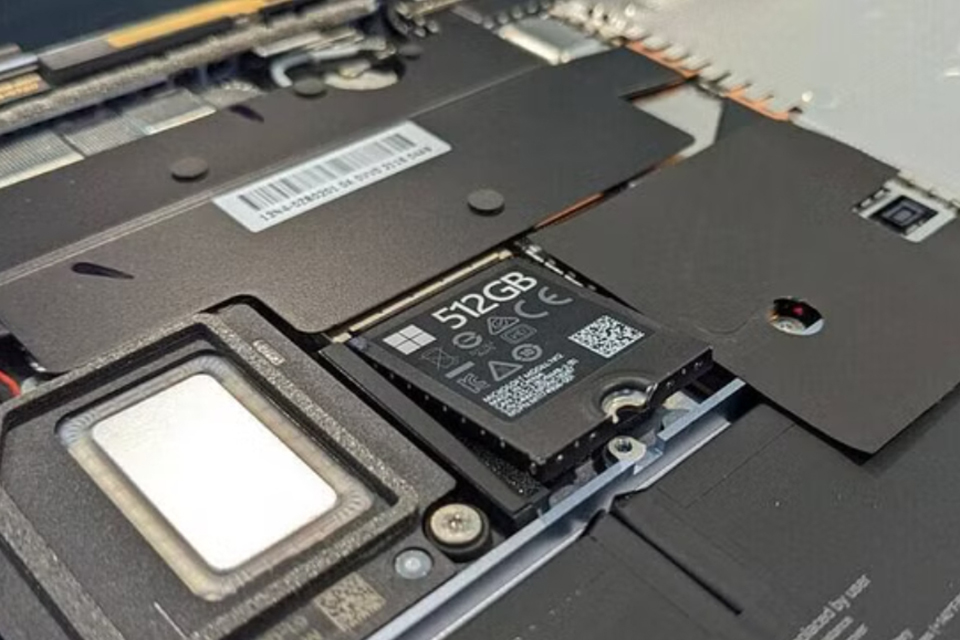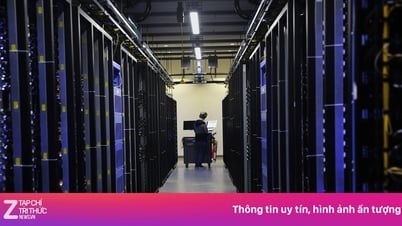While SSDs have many advantages, experts recommend that HDDs may be a better choice for long-term storage unless you write new data to the drive frequently. Here are some reasons why users should avoid using SSDs for long-term data backups.

There are many reasons why SSDs are not suitable for long-term data backup.
Data may be lost when stored offline.
One of the major problems with SSDs is their ability to retain data when not connected to a power source. If a user removes an SSD and stores it for a year or two, there is a chance that the data will be unrecoverable. This happens because SSDs require electricity to maintain the state of their memory cells. If not used regularly, SSDs will gradually discharge and data may be lost. On the other hand, HDDs can last much longer if stored safely.
Higher cost per GB
Although SSD prices have come down over the years, they are still much more expensive than HDDs. For example, a 1TB SSD costs around $50, while a 10TB HDD costs around $300. This makes HDDs a more economical choice for storing large amounts of data.
Limited storage capacity of SSD
SSDs typically max out at around 4TB, while larger models like 8TB are rare and expensive. HDDs, on the other hand, can offer up to 20TB+ of storage, allowing users to store more data without needing multiple drives.

The storage capacity of SSD is quite limited compared to HDD.
Risk of unforeseen breakdown
While any drive can fail, SSDs are at a higher risk of sudden failure. While HDDs often show warning signs before failure, SSDs can fail without any warning, making it difficult for users to protect their data.
Overall, if you are looking for a long-term data storage solution, an HDD may be a better choice, especially if you do not plan on changing data frequently. On the other hand, if you need to use the drive frequently, an SSD may be a better choice. Think carefully before deciding on how you will store your data.
Source: https://thanhnien.vn/co-nen-su-dung-ssd-de-sao-luu-du-lieu-dai-han-18524111623230091.htm



![[Photo] General Secretary To Lam visits exhibition of achievements in private economic development](https://vphoto.vietnam.vn/thumb/1200x675/vietnam/resource/IMAGE/2025/5/18/1809dc545f214a86911fe2d2d0fde2e8)
![[Photo] National conference to disseminate and implement Resolution No. 66-NQ/TW and Resolution No. 68-NQ/TW of the Politburo](https://vphoto.vietnam.vn/thumb/1200x675/vietnam/resource/IMAGE/2025/5/18/adf666b9303a4213998b395b05234b6a)


![[Photo] More than 17,000 candidates participate in the 2025 SPT Competency Assessment Test of Hanoi National University of Education](https://vphoto.vietnam.vn/thumb/1200x675/vietnam/resource/IMAGE/2025/5/17/e538d9a1636c407cbb211b314e6303fd)


























![[Photo] Prime Minister Pham Minh Chinh chairs meeting on science and technology development](https://vphoto.vietnam.vn/thumb/1200x675/vietnam/resource/IMAGE/2025/5/17/ae80dd74c384439789b12013c738a045)































































Comment (0)